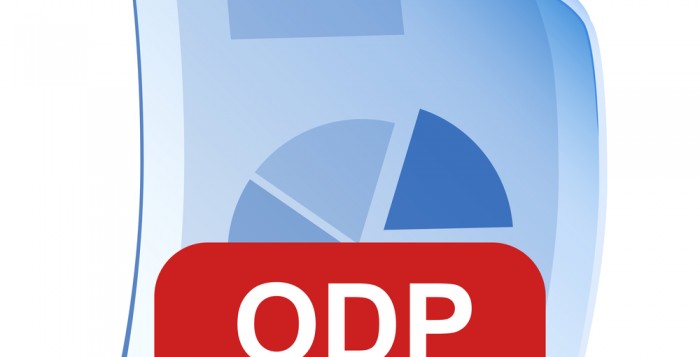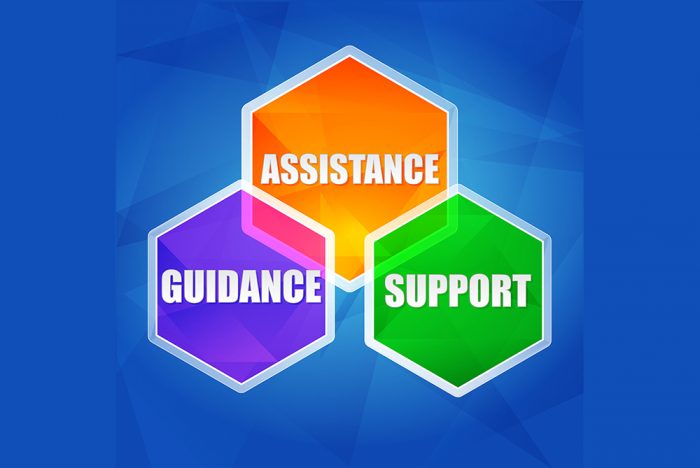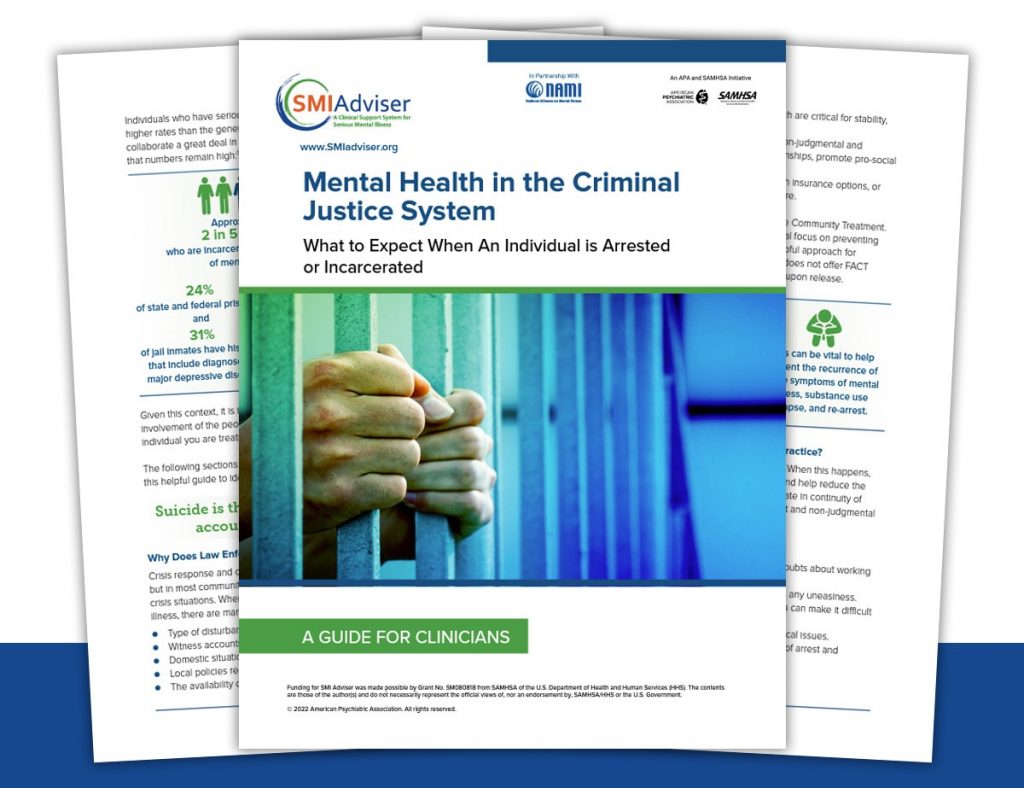The Jana Marie Foundation, Aevidum, Prevent Suicide PA, STAR-Center at the University of Pittsburgh, and Garrett Lee Smith (GLS) Youth Suicide Prevention Grant are pleased to share a resource guide for National Suicide Prevention Month. This September, the week of September 7 – 13 is recognized as National Suicide Prevention Week, with Wednesday, September 10 marking World Suicide Prevention Day. This year’s theme is a continuation from last year’s theme of “Changing the Narrative on Suicide,” with a call to action to “Continue the Conversation.”
The guide provides a variety of suicide prevention resources and activities that you can implement in your organization or community to raise awareness about suicide prevention. This includes infographics, ideas for events, social media posts, virtual backgrounds, a sample proclamation, and more.
We encourage you to share this resource guide with partners in your communities that can work together to save lives.
















